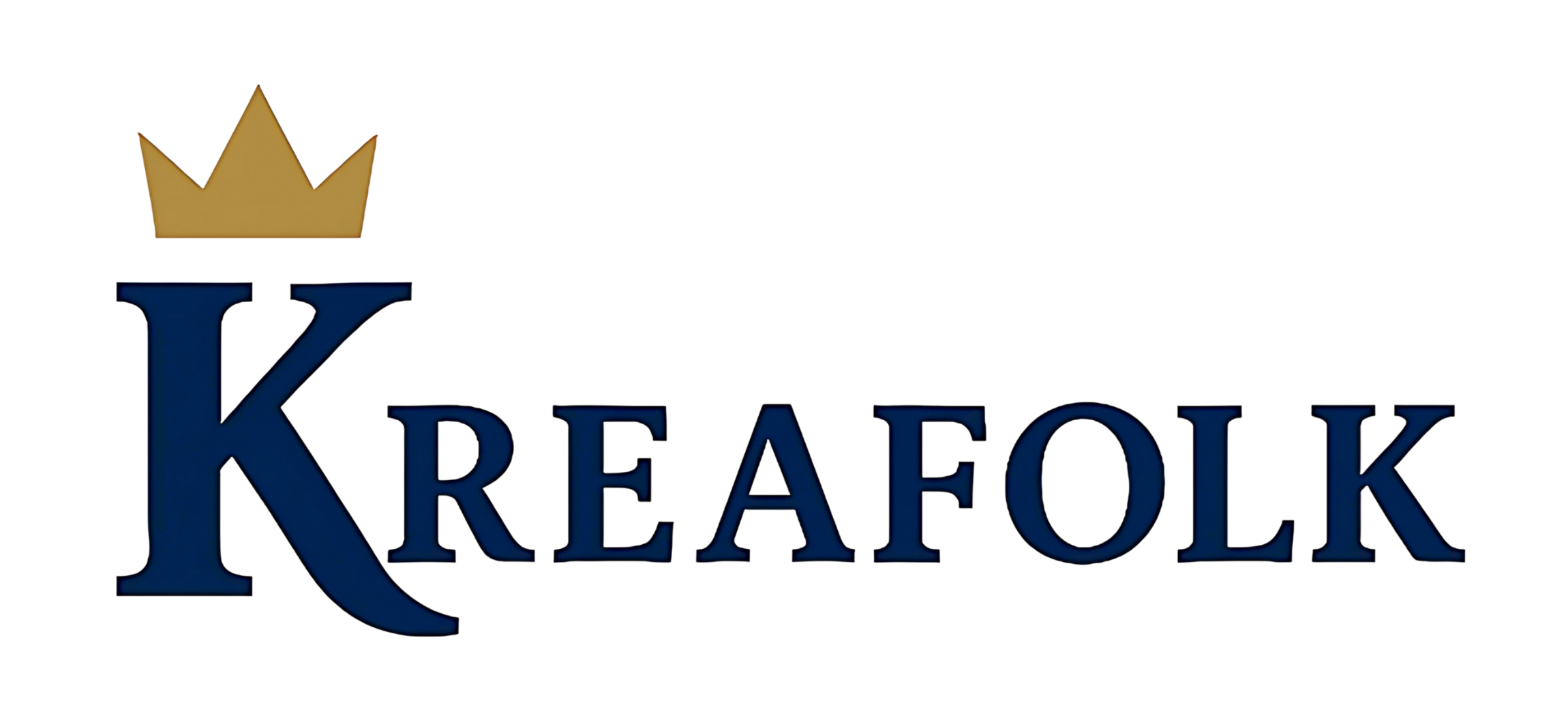Ever wondered who ensures fair play in exams? That silent figure pacing the room or monitoring your webcam isn’t just watching—they’re safeguarding the value of your degree. That’s a proctor. In today’s hyper-digital testing era, understanding what a proctor is and why their role is more crucial than ever can empower students, institutions, and even employers to trust the evaluation process.
In this comprehensive guide, we’ll demystify the term “proctor”, explain their duties, and show how they are evolving in the face of online education and AI-driven exams. If you’ve ever faced a screen flashing “You are being proctored,” or stared into a stern examiner’s eyes, this one’s for you.
What is a Proctor? A Modern Definition
In the most basic way indirectly, a proctor is one who is appointed to supervise the administration of exams so that they are conducted in ethical, legal and non-cheating manners. They monitor students in the exams- physically or virtually.
In 2025, what is a proctor if not a hybrid guardian of integrity, blending tradition with tech? From invigilating physical halls to monitoring webcam feeds through AI software, a proctor’s role has transformed dramatically.
Types of Proctors in 2025
To answer “what is a proctor” more clearly, we need to explore the types:
1. On-Site Proctors
- Present in examination halls
- Monitor physical behavior and prevent cheating
2. Remote Live Proctors
- Monitor via webcam in real-time
- Intervene when suspicious activity is detected
3. Automated AI Proctors
- No human involved during the session
- AI flags cheating using facial recognition, sound detection, and screen tracking
4. Hybrid Proctors
- A combination of AI and human review
- Most popular in universities and standardized testing centers
Roles and Responsibilities of a Proctor
So, what does a proctor do during an exam? Their duties include:
- Verifying identity before exam starts
- Monitoring behavior during the session
- Flagging violations like using phones or talking
- Filing reports for academic review
- Ensuring accessibility accommodations
In short, a proctor ensures the exam environment is fair and credible.
Why Are Proctors So Important Today?
In an age of ChatGPT, AI-generated essays, and screen sharing, proctors are the first line of defense against academic fraud. Here’s why their presence matters:
- Protects academic standards
- Preserves the value of degrees and certifications
- Fosters trust between students, institutions, and employers
Consider that: Could you trust a physician that had cheated in medical school?
Online Proctoring: The Rise of Digital Surveillance
The online learning trend in the pandemic time created the thriving industry in remote proctoring. Such companies as ProctorU, Examity, and Honorlock became household names.
Yet, this rise also sparked debates on:
- Privacy concerns
- AI bias
- Technical glitches
Still, one cannot overlook how these digital proctors revolutionized access to global certification and education.
Real-Life Story: A Student’s Encounter with a Remote Proctor
Maria, a Pakistani student said she was proctoring her GRE at home when the test was halted by a proctor.
Evidently, the red flag was activated by the fact that my brother walked into the room.
The story of Maria is an epitome of the dichotomy between alertness and security. Although it seems to be invasive, the main role of a proctor is not punitive, yet it is to achieve fairness.
Tips for Students: How to Prepare for a Proctored Exam
Facing your first proctored exam? Here’s how to ace it:
- Test your webcam and mic in advance
- Find a quiet, well-lit space
- Keep your ID ready
- Avoid any suspicious movements
- Close all tabs and applications
Remember: A proctor isn’t your enemy—they’re just doing their job.
The Future of Proctoring: AI and Ethical Considerations
By 2025, AI proctoring has become mainstream, but the ethical questions loom:
- Is it okay for a machine to decide if you’re cheating?
- What about neurodivergent students flagged for “fidgeting”?
- Can we ensure algorithmic fairness in proctoring?
Experts like Dr. Elaine Hall from EdTech Watch warn:
“Without transparency and oversight, AI-based proctoring risks perpetuating inequality.”
Conclusion
So, what is a proctor, really?
They’re not just exam supervisors. They’re custodians of credibility, frontline defenders of educational integrity, and unsung heroes in a world increasingly leaning on automation.
We don’t always notice them—but that’s the point. Their presence is a silent promise that every certificate, every test result, means something real.


